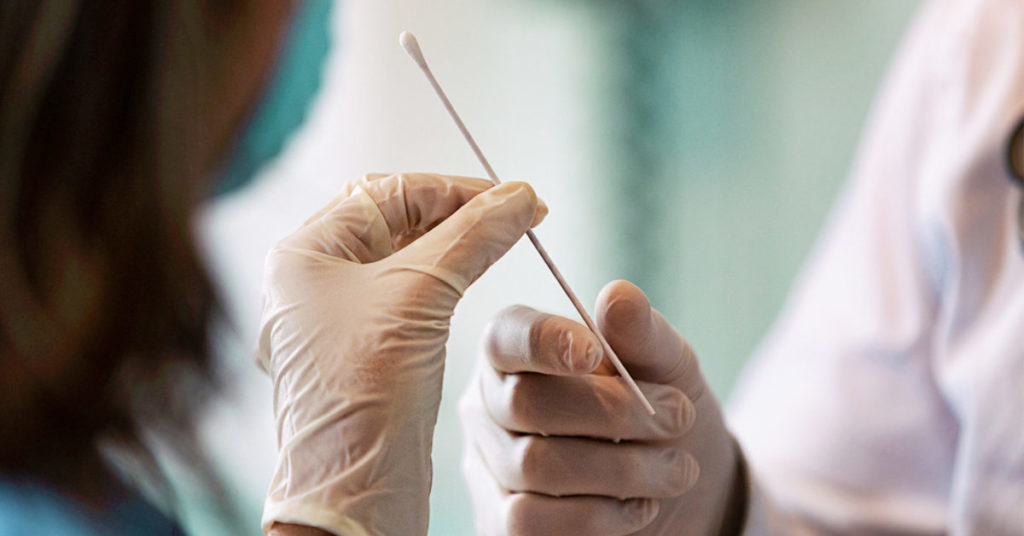
Due to the rapid spread in the infected number of persons, countries have imposed strict rules on corporate and social interactions. The restrictions started with a complete lockdown of socio-economic activities which was gradually eased in phases.
In a bid to curb the spread via movement of people across borders, new rules have been set in air travel. Travellers now have to meet the covid-19 requirements before they are allowed to board a plane to their destinations.
In most countries, getting tested for covid-19 is required before leaving your home country or conducted upon arrival at the destination. It is pertinent for every traveller to know the covid-19 air protocols of transit countries and final destinations.
TYPES OF TESTING FOR COVID-19
There are three available testing options at doctor’s offices and health care centres – many are based on mucus and others use saliva or blood in testing for coronavirus. Given these options, how do you know which test is right for you? Do they all work the same way? Do they give same result?
Here’s what you should know about the different types of COVID tests, how they are used, and what they can tell you.
Molecular test
This is also known as PCR test. These diagnostic tests are considered the most sensitive for detecting an active infection, and the results are highly accurate. Molecular tests are often called PCR tests, short for POLYMERASE CHAIN REACTION.
This test is usually conducted in a laboratory. Typically, it takes 24 – 48 hours for the result to be ready. In most cases, a health care provider collects mucus from your nose or throat using a specialized swab.

Antigen test
This is also known as rapid test. This type of diagnostic test is often called a rapid test because it takes less than 30 minutes to process. As a result, antigen tests are being used to screen large numbers of people, like at the airport. The result can be produced in an hour or less.
Antigen tests are highly accurate but it is likely to miss active infection. These tests need a sample to contain thousands of virus particles per microliter to produce a positive result whereas a typical PCR test can detect a single molecule of RNA in a microliter of solution.
These tests can be done in a health care provider’s office and not necessarily in a laboratory.
The test is taken by a health care provider swabbing the back of a person’s nose or throat, which is easier to collect than a swab

Antibody test
This is also known as serology test or blood test. This type of tests looks for antibodies to the coronavirus. Antibodies are proteins your immune system produces to fight off a foreign invader, such as a virus. A covid-19 antibody test cannot diagnose active coronavirus infection. It can only tell whether you have been infected at some point in the past. Antibodies are not detectable until at least several days after an infection has occurred.
It is conducted by taking a blood sample via a finger prick or blood drawn from a vein in your arm.

WHAT TYPE OF COVID TESTING IS IDEAL FOR AIR TRAVEL
Based on the accuracy in detecting early infections, most countries endorse the PCR test type as the most preferred COVID-19 test report.
If your destination requires a coronavirus test result upon arrival, always go for the PCR test type. This is the most accurate test type and it is globally recognized.

 My name is Vivian Etefia. I am a virtual travel assistant certified in travel & resource management. I specialize in planning inbound and outbound trips for vacationers within Africa.
I handle airline ticketing, hotel reservations, passenger advisory service, tour packages and visa advisory services.
Let's Connect.
My name is Vivian Etefia. I am a virtual travel assistant certified in travel & resource management. I specialize in planning inbound and outbound trips for vacationers within Africa.
I handle airline ticketing, hotel reservations, passenger advisory service, tour packages and visa advisory services.
Let's Connect.